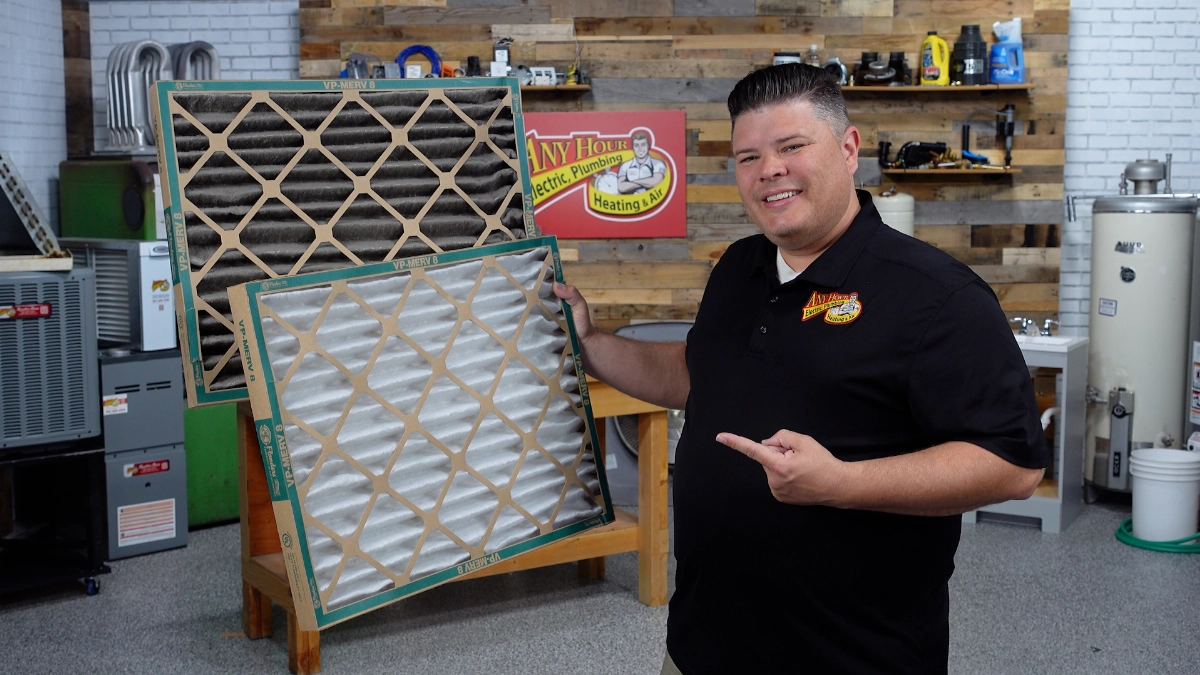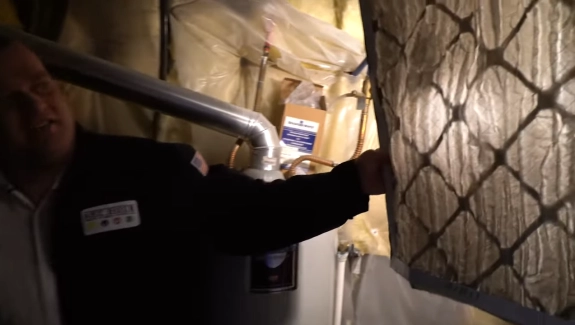Airflow is king when it comes to heating and cooling systems. Without good airflow, the system won't work well at best and can break down at worst. That makes air filters an essential component of your heating and cooling system. They play a crucial role in keeping the right airflow for your system and prolonging its life. In this blog post, we'll discuss two ways in which air filters keep your heating and cooling system alive. That way you can know why manufacturers recommend changing it every few months.
Your heating and cooling system works by pulling air from the house across the system. Then it pushes it back out to the house. Anything that gets in the way of that process or impedes the airflow causes your system to work harder. The number one thing a homeowner can do to help with all these is to maximize airflow. Air filters do that by trapping dirt and dust before they can enter your system.
Air filters also play a crucial role in preventing system damage. If gunk gets into your heating and cooling system, it can place extra strain on it. This can lead to overheating and even breakdowns. Air filters help prevent that by catching pollutants before they reach your system. But if the filter gets too full of gunk, it can be as bad as if the filter wasn't there. That's why it's a good idea to change your filter when it gets dirty.

There are several types of air filters available for your heating and cooling system. Each one has its own unique benefits and considerations. For example, standard fiberglass filters are affordable and easy to find. But they only trap larger particles and let the smaller ones through. Pleated filters can remove smaller particles, such as pollen and mold. They also sometimes need more space than the standard filter. HEPA filters can remove 99.97% of particles in the air.
Regular maintenance is crucial to keep your heating and cooling system running. This includes checking and replacing your air filters. Depending on the filter and the air pollution in your home, you may need to replace your filters more or less often. It's a good idea to replace your filters every 1-3 months, though check your manual to be sure how often your system needs it.
